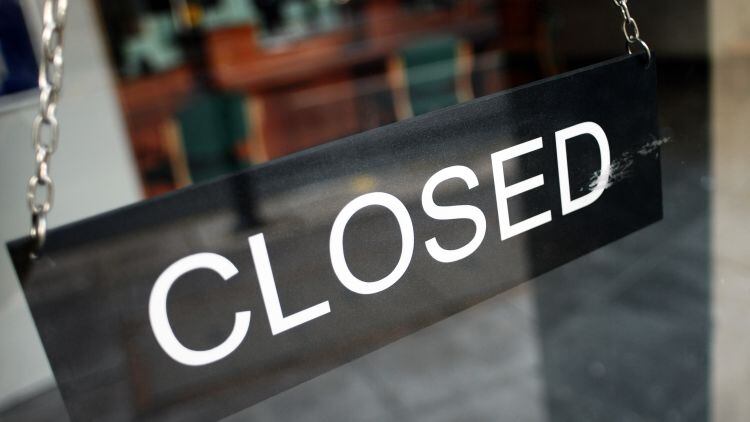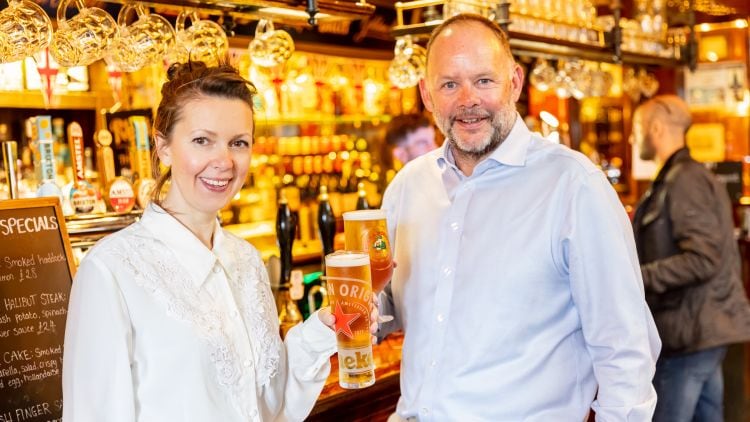Three times as many consumers (31%) are now choosing to book on a restaurant website directly rather than through third-party sites like OpenTable and Resy, the data from SevenRooms has shown.
What’s more, 40% of diners are wary of the fees third-party sites charge pubs, and a quarter (15%) of consumer chose to book directly due to worries over sharing personal data, the research from guest experience platform SevenRooms also revealed.
Emma Harrison, managing director at The Three Hills, Bartlow, Cambridgeshire, said her pub with rooms couldn’t do without platforms like Booking.com or ResDiary as they provided “massive marketing reach”.
However, these platforms came with an “intolerable” price tag attached, with online booking agents charging around 18% of sales.
She encouraged guests to book through the venue, and said the aim was to always get consumers to make direct reservations. Incentives, such as free breakfast with your stay for those booking directly, helped facilitate this behaviour.
Greater concern
The study polled 2,003 consumers aged 16+ and found diners were becoming more conscious of the expense of third-party platforms to pubs.
More than half (55%) of consumers also believed making reservations directly was better for the venue, with one in three (32%) opting to call the site directly to make a reservation.
Younger consumers were especially mindful of this, with almost three in five (59%) of Gen Z diners and more than one in two (56%) of 25 to 34-year-olds wary of the fees restaurants were being charged.
SevenRooms international managing director Danilo Mangano said: “With operators and consumers alike continuing to navigate a challenging economic climate, the hospitality industry must do all it can to build and maintain strong relationships with guests.
“Diners want to do all they can to both support the restaurants they love and ensure that they have the best experience for the hard-earned money they are spending.
“Restaurants, too, must ensure they are adapting to meet the new expectations of their diners in an era where every penny is being watched more carefully.”
When it comes to restaurant discovery before bookings are placed, the research revealed personal recommendations and social media to be much more influential than third-party marketplaces.
Discovering places to eat
Some 38% of diners most frequently discovered new eateries through friends and family, 21% through Google and 17% through restaurant profiles on social media.
This compares with just 7% of guests who discovered new venues through OpenTable, and the 4% that do so via Resy. What’s more, when choosing a restaurant, a presence on third-party marketplaces ranks very low on consumers’ list of priorities, with only one in 10 (10%) considering it important when selecting a new restaurant.
What’s more, the research revealed one in five (19%) diners received a better experience at the venue when booking directly, and 16% believed they got more tailored promotions or discounts, along with their reservation being prioritised due to booking directly.
With regards to the advantages for venues, more than half (55%) of guests say that making reservations directly, rather than with a third-party reservation platform, is better for the restaurant.
Some 18% will book direct if it makes it easier for staff to manage reservation preferences. During this difficult time for the industry, 16% of consumers want to book direct to demonstrate their support for restaurants.
UKHospitality chief executive Kate Nicholls said the customer experience was a "core priority" for restaurants and being able to book easily was critical to secure customers.
She continued: “Both booking direct and using third-party sites have their merits, which is why we see a mix of strategies across restaurants. Many prefer for customers to book directly, in order to have direct oversight, and many prefer using third-party sites in order to streamline their operations and become more efficient.
“Ultimately, there is no ‘one size fits all’ approach to booking and will be up to individual businesses to determine which approach works best for them."




